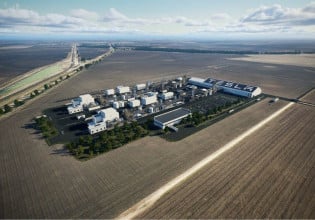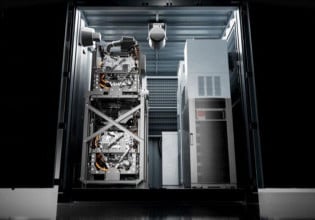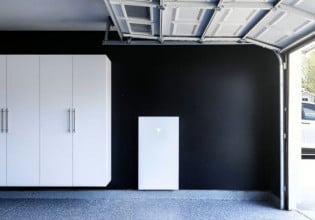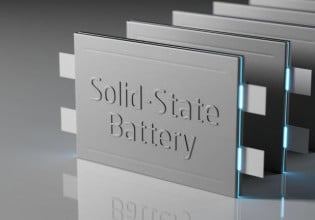0.8V Bluetooth 5 Transceiver Reduces Energy Consumption by 50%
At the 2018 International Solid-State Circuits Conference in San Francisco (US), imec, together with Renesas Electronics Corporation announced a low-voltage (0.8V) ultra-low-power Bluetooth 5 transceiver for IoT applications. The low supply voltage - the lowest among state-of-the-art - enables a longer battery life (up to 50% improvement).
In the Internet of Things (IoT), numerous tiny sensor nodes are embedded in our environment. Reducing the power consumption and enabling operation at low supply voltage of IoT radio transceivers is key to enable reliable multi-year battery life of the billions of IoT devices in our environment.
Furthermore, new applications are empowered by reducing power consumption and supply voltage, such as leave-behind sensors or wearables.
Imec, together with Renesas, developed a fully-integrated, highly energy efficient BT5 transceiver which showcases the best RX figure-of-merit (FoM) and the lowest supply voltage among the state-of-the-art (0.8V).
A low supply voltage of 0.8V is beneficial because it extends battery life by up to 50%, reduces the complexity of the power management unit, and allows the use of a wider range of energy sources such as energy harvesters.
Development of low-voltage transceivers will accelerate the adoption of advanced energy harvesting technologies such as a recently-announced patented energy-harvesting technology - the Evercell™ power cell - that is capable of powering wireless IoT sensors without batteries.
The Evercell technology employs a unique design and advanced materials to harvest thermal energy in any environment where the ambient temperature is above absolute zero - reliably generating the microwatts of electrical power needed to run wireless IoT sensors without the need for batteries.
The transceiver consists of a novel phase-tracking RX, a digital TX based on an all-digital PLL (ADPLL) and a PHY-layer digital baseband. A hybrid loop filter enhances interference tolerance, in conjunction with precise frequency control enabled by the ADPLL.
The receiver frontend achieves a sensitivity of -95dBm, while consuming only 2.3mW (non-duty-cycled) at 0.8V. The transceiver chip is implemented in 40nm CMOS, with a core area of only 0.8mm2, including on-chip matching.
"This world-class BT5/BLE transceiver for IoT applications is the result of a successful collaboration with Renesas," commented Kathleen Philips, Program Director at imec/Holst Centre for IoT.
"We are constantly looking for ways to improve battery lifetime of IoT sensors and radios and a low supply voltage is yet another key element in the roadmap towards successful IoT radio solutions," continued Philips.
"Renesas has been producing high-performance devices leveraging low-power wireless communication technology, which will play a key role for expanding the upcoming wireless IoT business moving forward," said Shin Saito, Senior Director, Industrial Analog & Power Business Division, at Renesas.
"Renesas believes that by jointly developing with Imec, we can achieve a more innovative system architecture, enabling a further leap for ultra-low power wireless technology and the wireless IoT market," Saito concluded.






